Aside from the obvious of cleaning up our land, rivers and seas to help prevent the devastating impacts plastic has on our environment and all that live within it (including us), ending plastic pollution through systemic change will have an array of other benefits including:
Investment in skills-based circular economy jobs increases employment and household income, leading to economic growth. Money spent in the UK on Circular Economy services will continue to circulate within the UK.
Ending plastic pollution will require a shift to a circular economy. This means a massive increase in skills and employment around R&D, reuse, repair and remanufacturing, and manufacturing reusable products.
- Increased UK manufacturing
Many single use plastics are imported. Reducing these imports means less money leaving the UK, which can instead be focused on UK manufacturing of high-quality circular products.
Protecting people against increasing prices, inflation, and shortage of supply of imported goods. By moving to an economy that’s supported by more high quality and sustainable products and services produced in the UK, and maintained through reuse, repair and remanufacturing.
By focusing on green growth and UK manufacturing, we will decrease our reliance on individual markets and suppliers overseas, avoiding risks in supply bottlenecks and increasing resource security.
Through low carbon products and services based on circular economy principles.
Reducing plastic waste and reducing the practice of exporting plastic waste from the UK to countries where it is found dumped or burnt irresponsibly, stimulating UK markets for resources and waste industries.
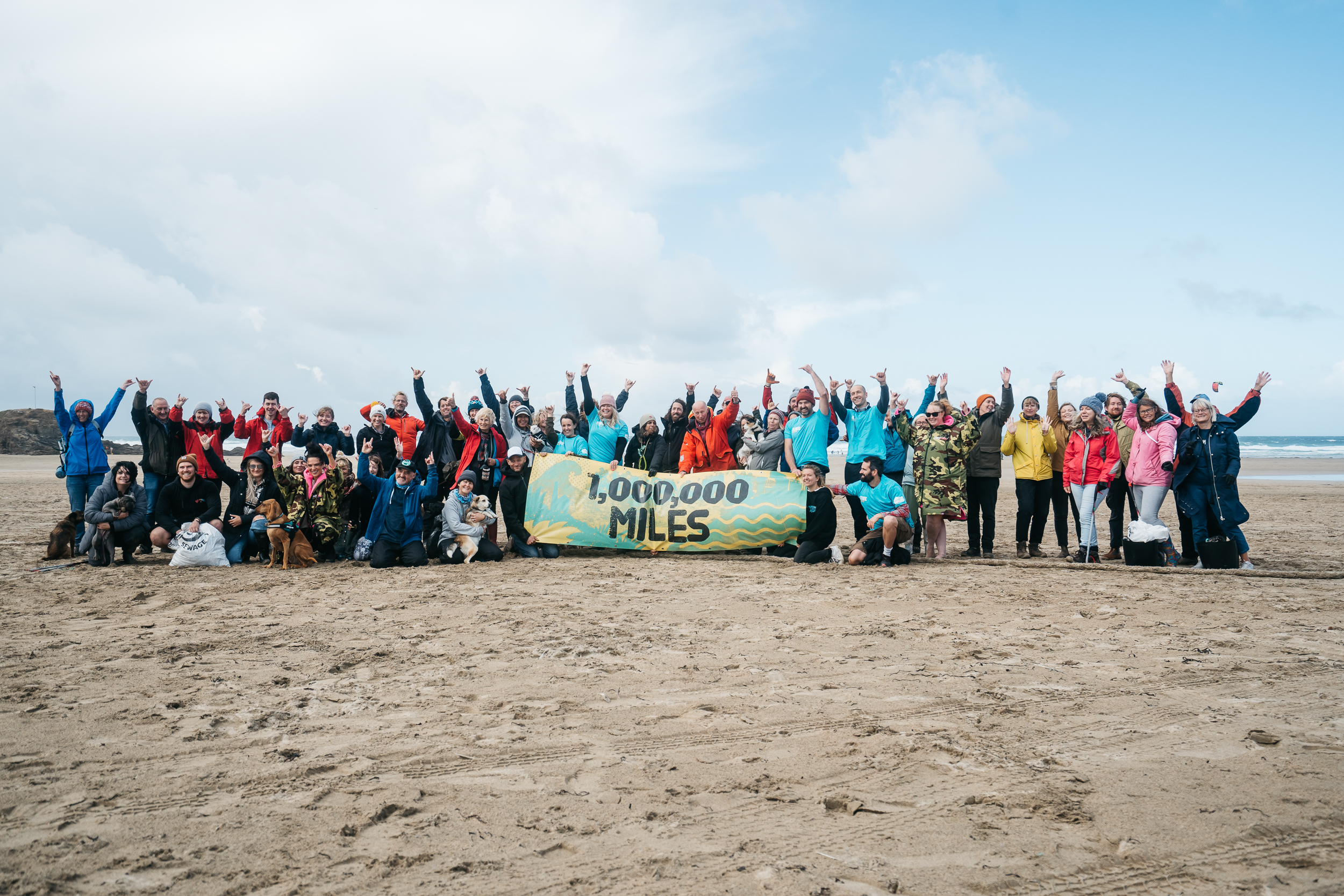

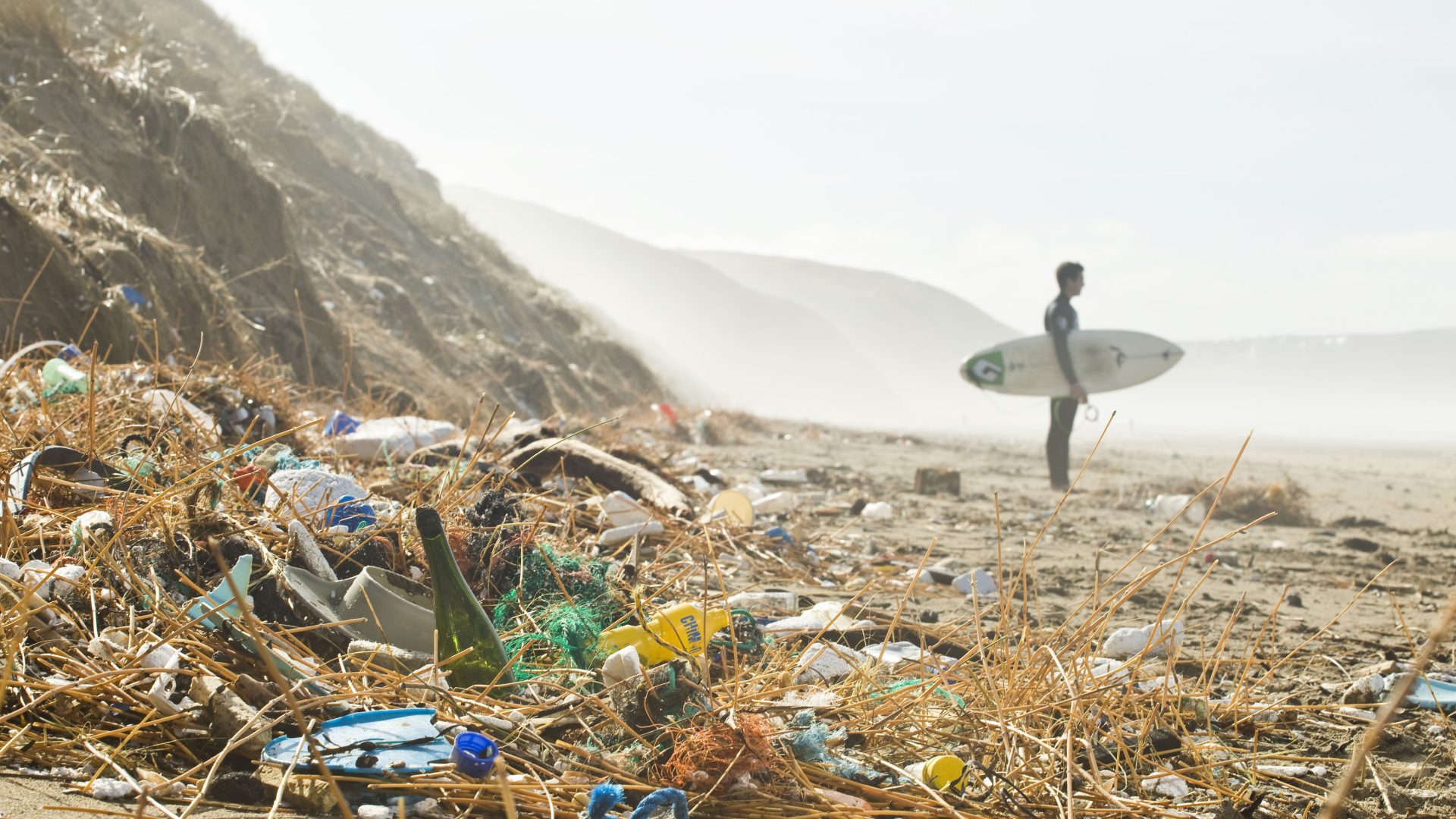
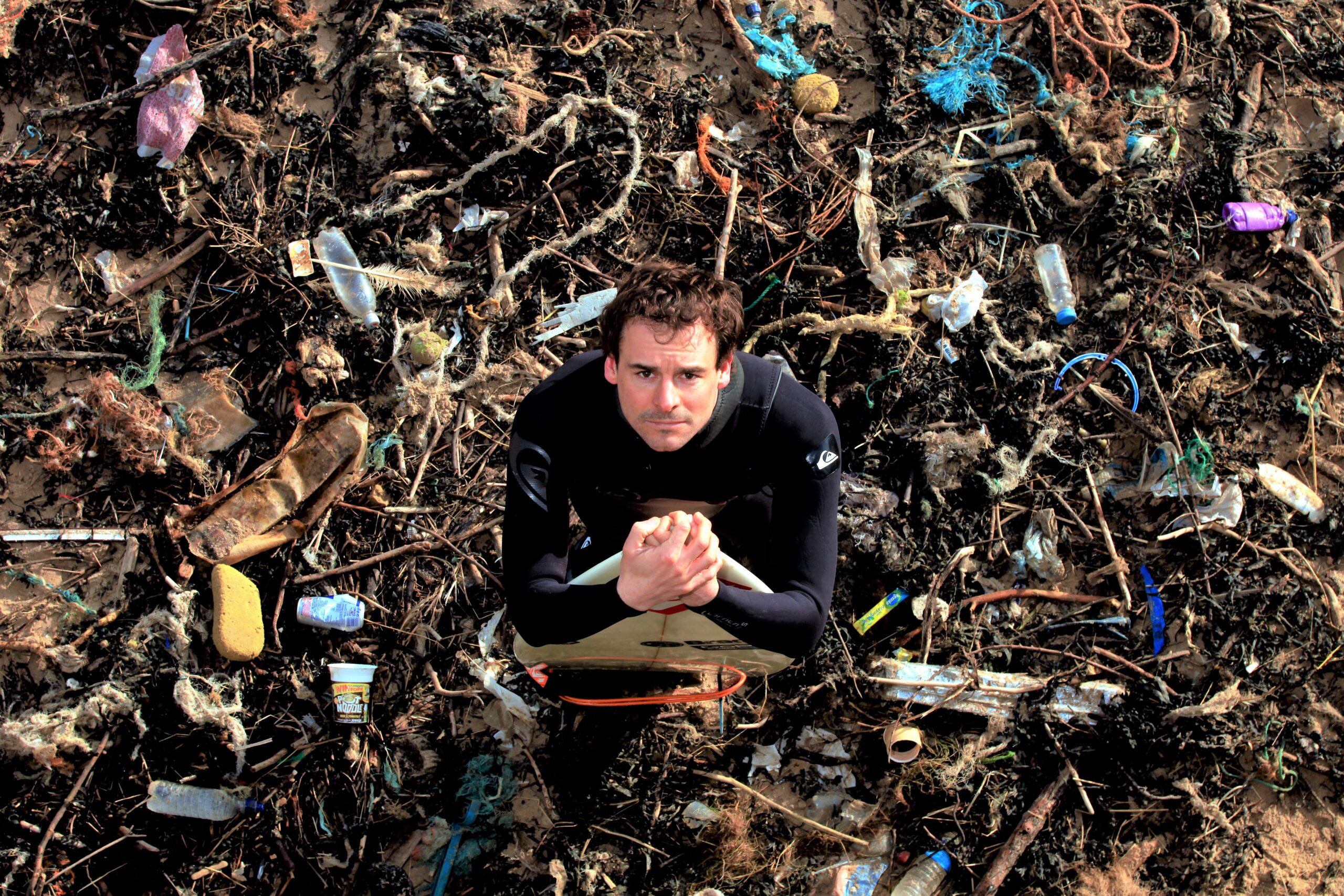
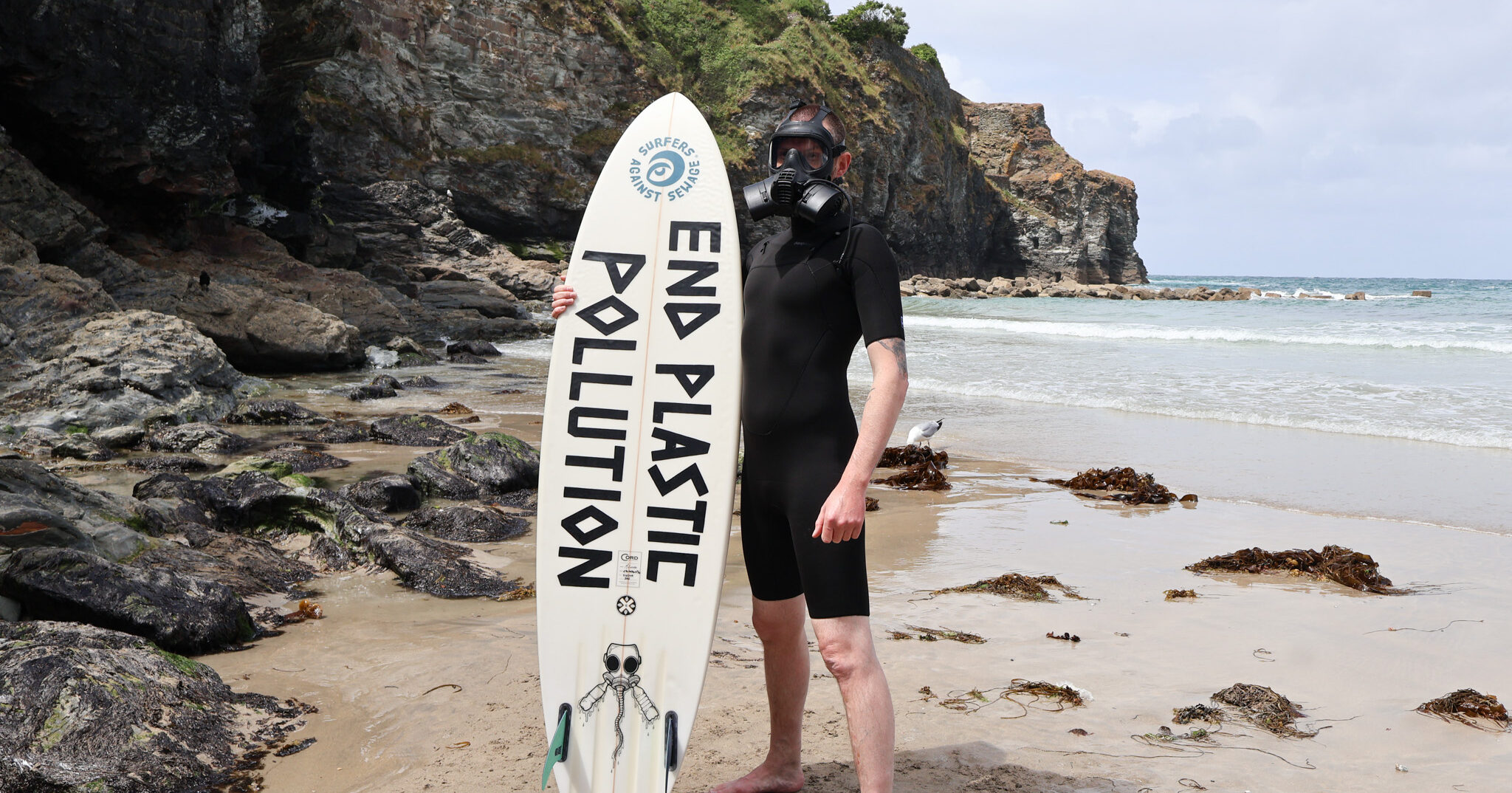
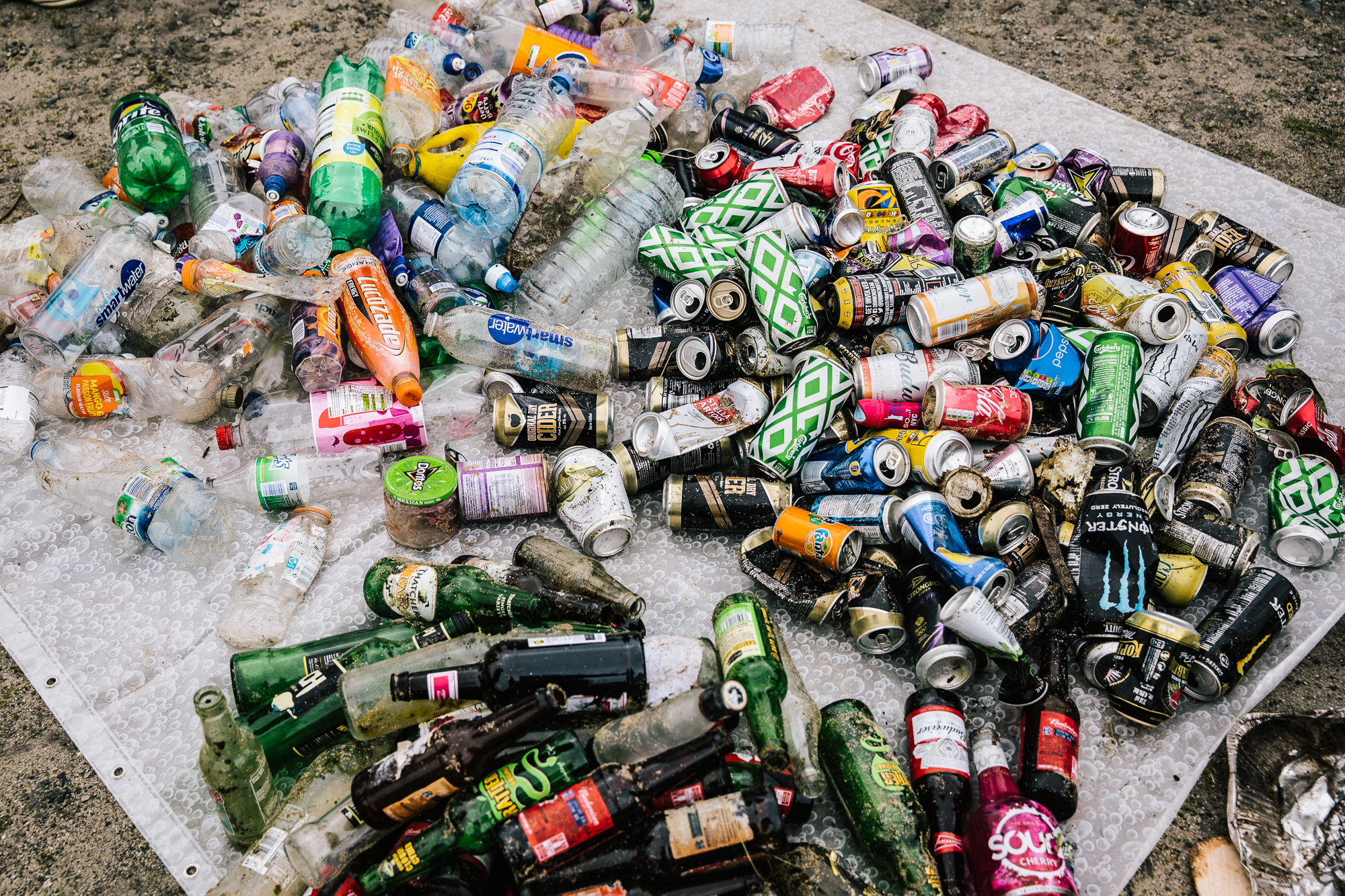
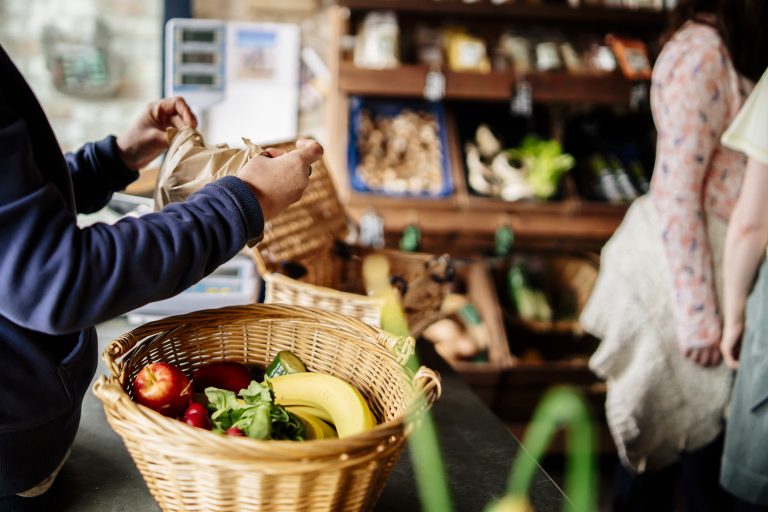
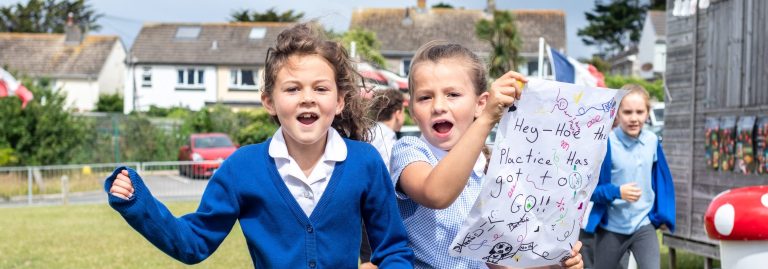
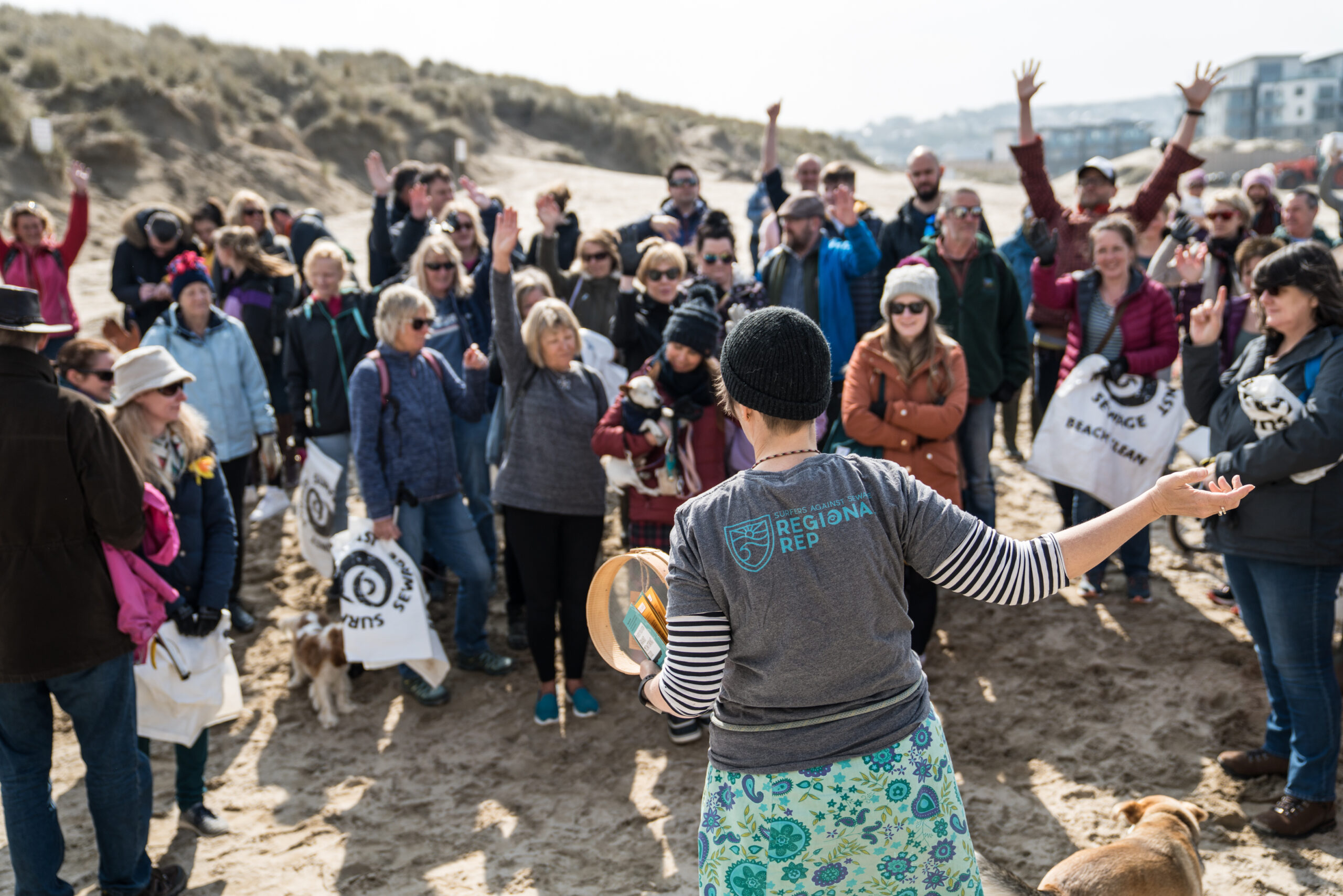
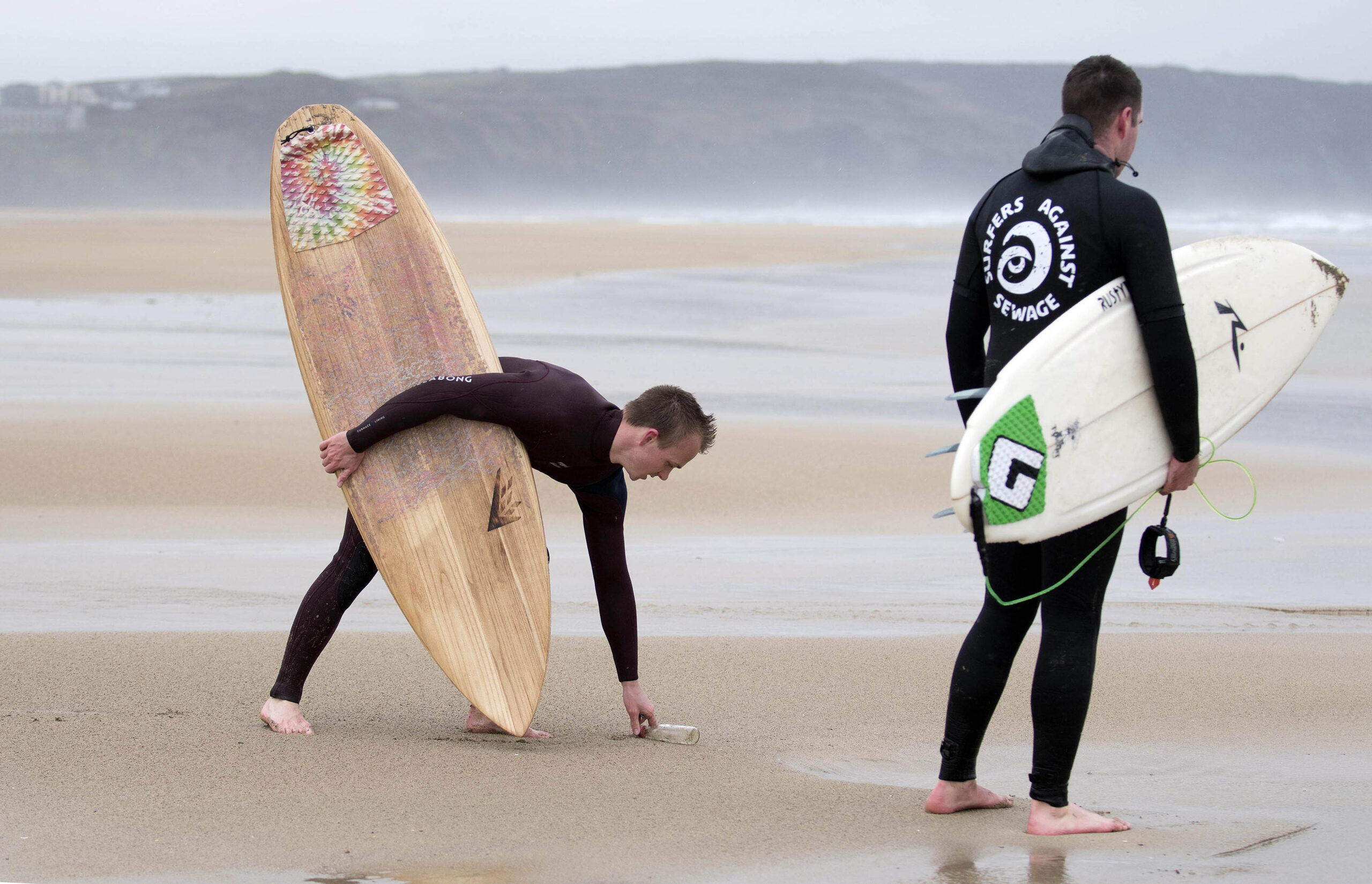
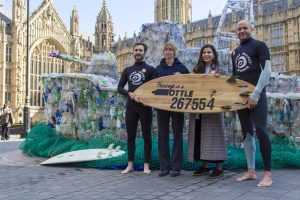 Message in a Bottle: Only half the plastic bottles we use in the UK are recycled, and each mile of the UK’s coastline is littered with over 150 plastic bottles. In 2018 we led a cross-party delegation of MPs and charities to deliver a petition with over 300,000 signatures calling for a UK-wide deposit return scheme (DRS) that would encourage people to leave single-use plastic bottles and drinks containers in the recycling economy rather than in the environment. The campaign saw the Government announce a plan for the introduction of a scheme, a huge step forward.
Message in a Bottle: Only half the plastic bottles we use in the UK are recycled, and each mile of the UK’s coastline is littered with over 150 plastic bottles. In 2018 we led a cross-party delegation of MPs and charities to deliver a petition with over 300,000 signatures calling for a UK-wide deposit return scheme (DRS) that would encourage people to leave single-use plastic bottles and drinks containers in the recycling economy rather than in the environment. The campaign saw the Government announce a plan for the introduction of a scheme, a huge step forward.  Return to Offender: During 2020 we struggled to run cleans because of lockdowns and social distancing rules. But that didn’t stop us taking action. Our Return to Offender campaign encouraged individuals to collect plastic pollution during their daily exercise, snap a photo of it, and share it on social media to call out the businesses’ production of plastic waste, and put pressure on Government to drive forward on key plastic pollution policies to stop it. The evidence gathered fed into our 2021 Brand Audit, a published report where we analysed and called out the worst plastic offenders to spotlight the need for change.
Return to Offender: During 2020 we struggled to run cleans because of lockdowns and social distancing rules. But that didn’t stop us taking action. Our Return to Offender campaign encouraged individuals to collect plastic pollution during their daily exercise, snap a photo of it, and share it on social media to call out the businesses’ production of plastic waste, and put pressure on Government to drive forward on key plastic pollution policies to stop it. The evidence gathered fed into our 2021 Brand Audit, a published report where we analysed and called out the worst plastic offenders to spotlight the need for change.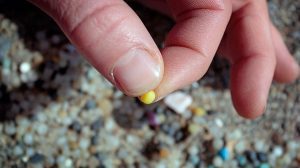 Mermaid Tears: In 2009 we ran a campaign to encourage sign up to
Mermaid Tears: In 2009 we ran a campaign to encourage sign up to 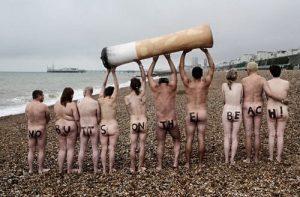 No Butts on the Beach: Cigarette butt waste is a significant contributor to marine plastic pollution. Over the past decade we have run a series of stunts and protests to call for local authorities to create designated beach smoking zones with effective, well-managed cigarette butt bins, as well as litter control measures and public information to minimise cigarette waste.
No Butts on the Beach: Cigarette butt waste is a significant contributor to marine plastic pollution. Over the past decade we have run a series of stunts and protests to call for local authorities to create designated beach smoking zones with effective, well-managed cigarette butt bins, as well as litter control measures and public information to minimise cigarette waste.